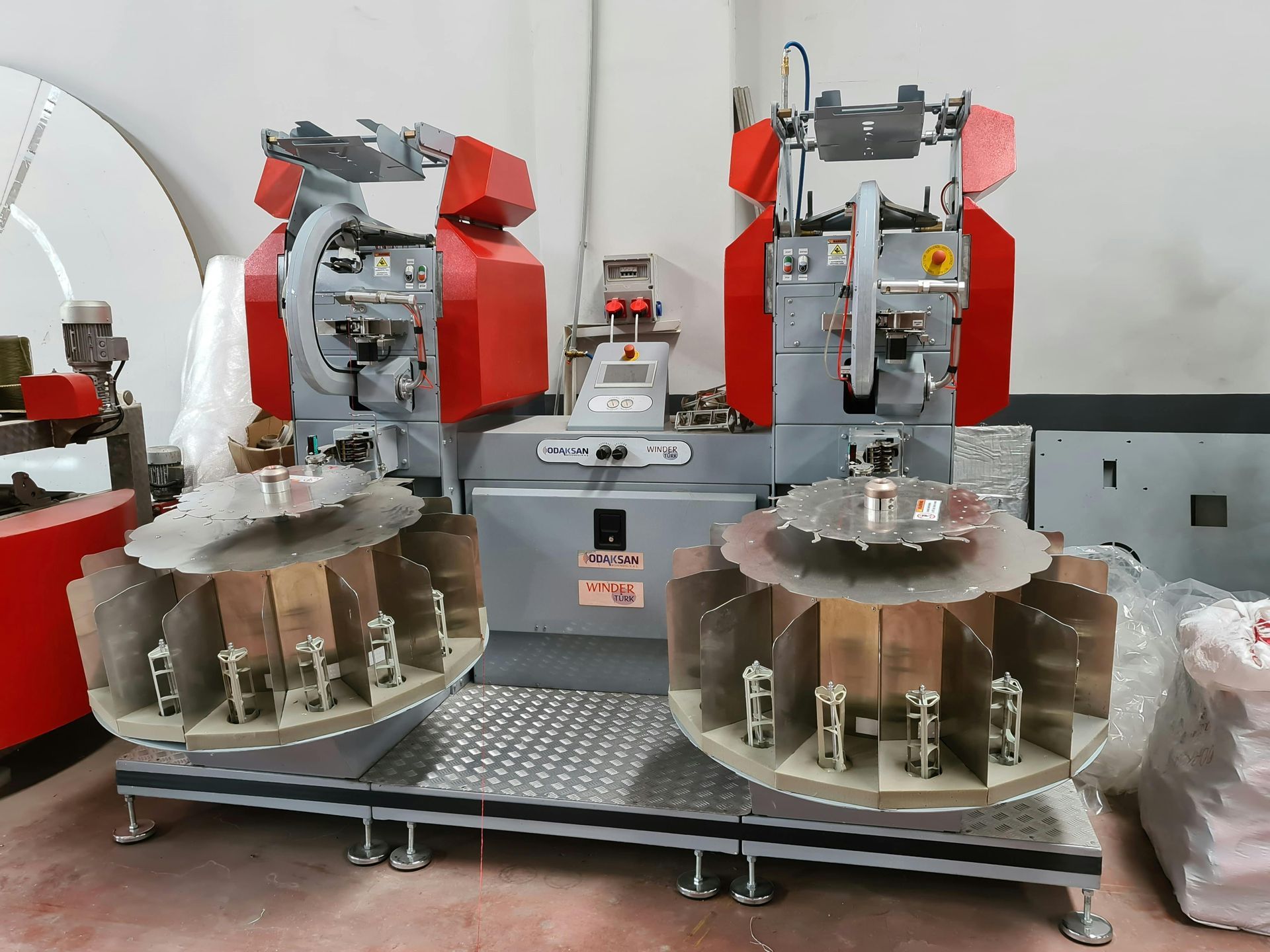Downsizing the family home into super - Tips & Traps
Clarke McEwan Accountants
From 1 July 2018, the Australian Government will introduce the option of contributing the proceeds of downsizing your home into superannuation.
If you are considering the sale of your dwelling which is or has been your primary residence, the new measure will apply where the exchange of contracts for the sale occurs on or after 1 July 2018.
But before you decide to make a downsizer superannuation contribution you should check your eligibility for making the contribution . There are a number of considerations to weigh up and the devil is in the detail. The member must be over 65 years of age. The property itself had to be the member's residence at some time prior to disposal of the home and it must have been owned for at least 10 years. Capital gains tax may apply if the property was rented at any time during the ownership. For more details about the new measure see the ATO's website
The second thing to check is your Self Managed Superannuation Fund Deed and the Deed's Provisions. The Deed will need to have express working that allows its members to make these contributions. Age of the member and employment status may preclude the contribution, depending on your individual Deed. It is important that you seek advice if you are uncertain about the wording of your Deed's provisions, or if you wish to update your current deed to take advantage of the new SMSF downsizer measure.
In addition, the Deed must provide for appropriate reporting to the Australian Taxation Office as the SMSF will need to receive advice from the SMSF and report those contributions to the ATO by submitting a downsizing contribution form. The ATO will be running verification checks on eligibility and on the amounts contributed. Those amounts could potentially be re-allocated as a non-concessional contributions, or may cause a member to exceed their contribution cap. The Downsizer contribution cap is the lesser of $300,000 per person or the sum of the capital proceeds. Any debt outstanding on a mortgage over the relevant property is not considered for the purpose of determining the capital proceeds. The Downsizer contributions will not be tax deductible.
The third concern is the Age Pension. Members who may be receiving benefits should note that any contributions and disposal of their primary residence may have an impact on their existing or future Centrelink entitlements. You may in fact be boosting your super but reducing your benefits. Again, we urge any super members contemplating this downsizer contribution to first see a planner or contact Centrelink for advice about their specific circumstances.








